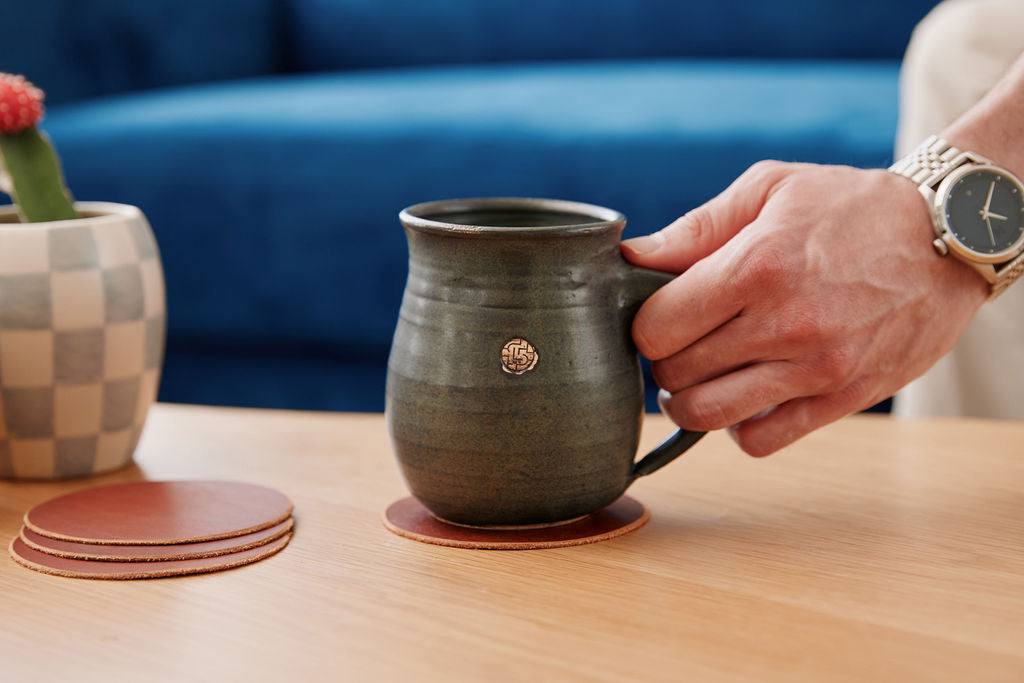
From Waiting to Thriving
In the small village of Jayacayan, where job opportunities are scarce and most women are expected to stay at home, Nancy Mondragón has learned that hope can be planted like a seed. At 28 years old, she lives with her husband, their little girl, and her in-laws in a modest home where every bit of income matters.
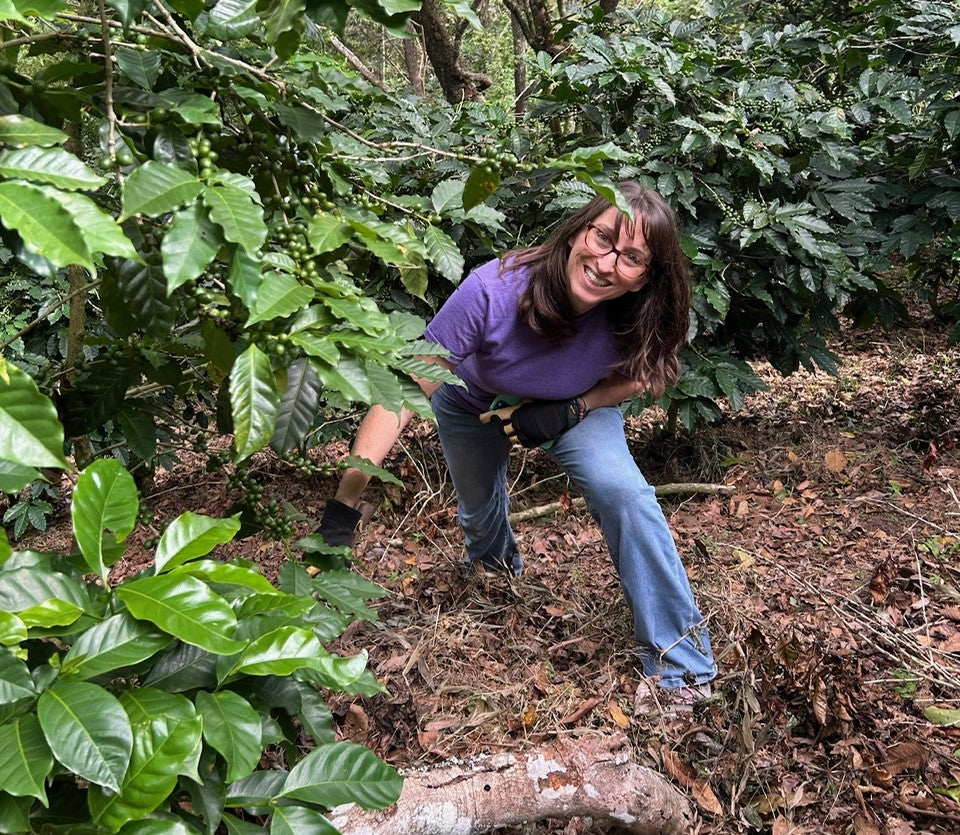
Rebecca's Day on the Farm Confirms What Makes Us Different
I recently had the privilege of traveling to Honduras with a group from my church. One morning, we volunteered on the San Lázaro coffee farm. It was only three or four hours—hardly a full day—but those hours changed how I’ll look at my morning coffee forever.

The Courage of Starting Over
When life gave Sandra Hernández every reason to give up, she chose something else: courage. She didn’t wait for a rescue. She didn’t ask for pity. When hardship shattered the life she knew, she took her youngest daughter by the hand, left everything behind, and decided to begin again — trusting that Christ would walk with her every step of the way.
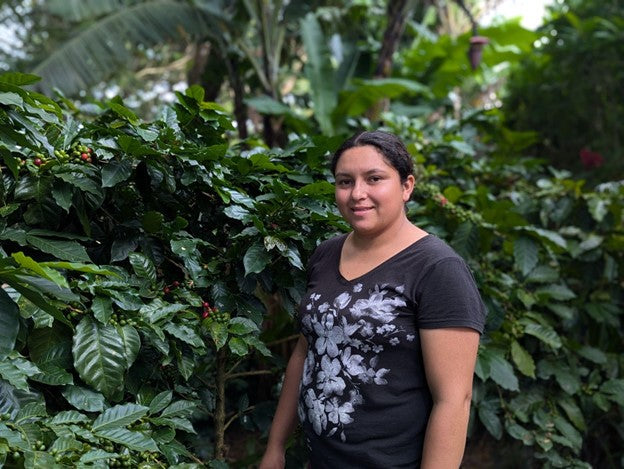
Neyli's Journey
In the quiet La Botija mountains of southern Honduras, something beautiful is happening. It’s not just coffee being cultivated at San Lazaro Coffee — it’s hope. Neyli Cruz, 23 years old, is a shining example of that hope. Originally from the small community of San Pedro del Norte, Nicaragua, Neyli was no stranger to hardship.

Rooted in Dreams: A Young Woman’s Path to Change
Mayela, a 17-year-old from a small village surrounded by green mountains, lives with her grandfather. God has gifted her with a heart full of dreams and a deep passion for nature. Her educational journey began at Lazarus Academy, where she not only gained theoretical knowledge but also developed values that shaped her as a person. Upon graduating high school, Mayela knew her story was just beginning. She decided to enroll in a forestry program, determined to help preserve the environment of her beloved homeland.
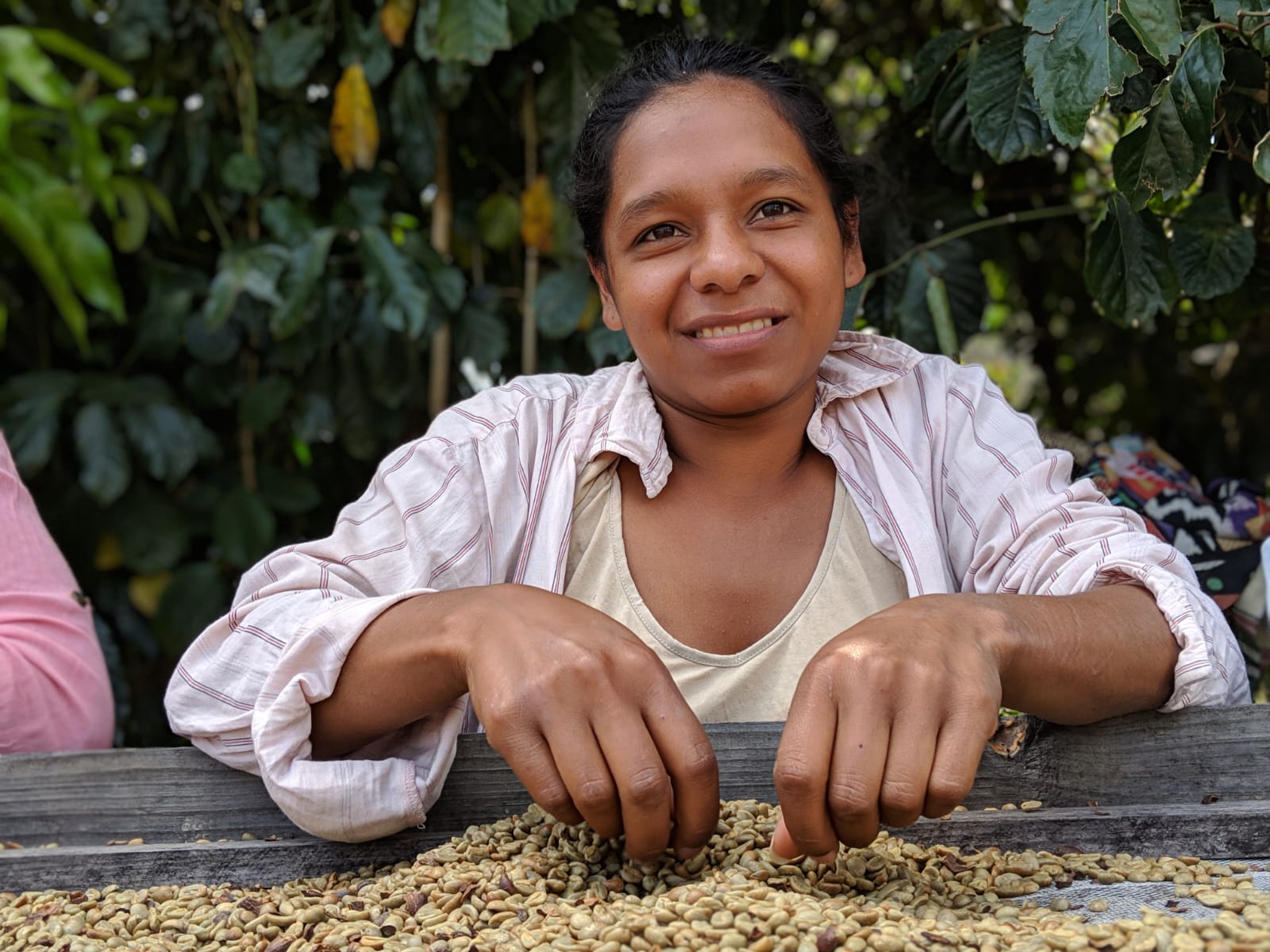
Honoring Sister Karla
At 24 years old there were not many opportunities for Karla. She was newly married and had a young daughter. The rugged rural mountains where she had grown up and lived in her entire life hadn’t afforded much. In particular she didn’t have the opportunity to continue learning in high school. But what she did learn was how to work. Both Karla and her husband were committed to helping their young family get ahead. He farmed and she worked anywhere she could, often picking tomatoes or peppers for farmers in the region. The days were long, the pay was bad, and the treatment was worse.
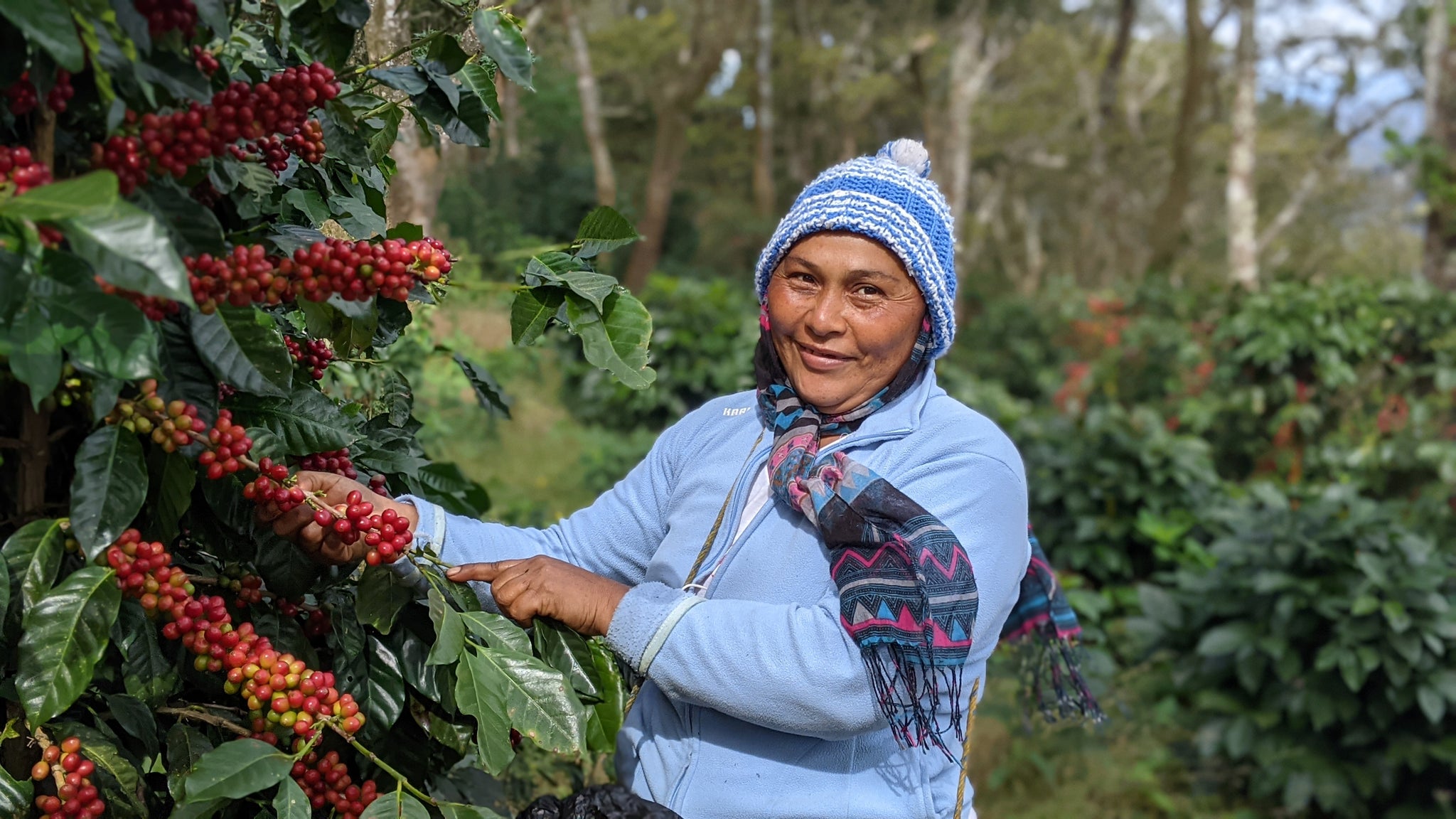
The Rebirth of Sonia
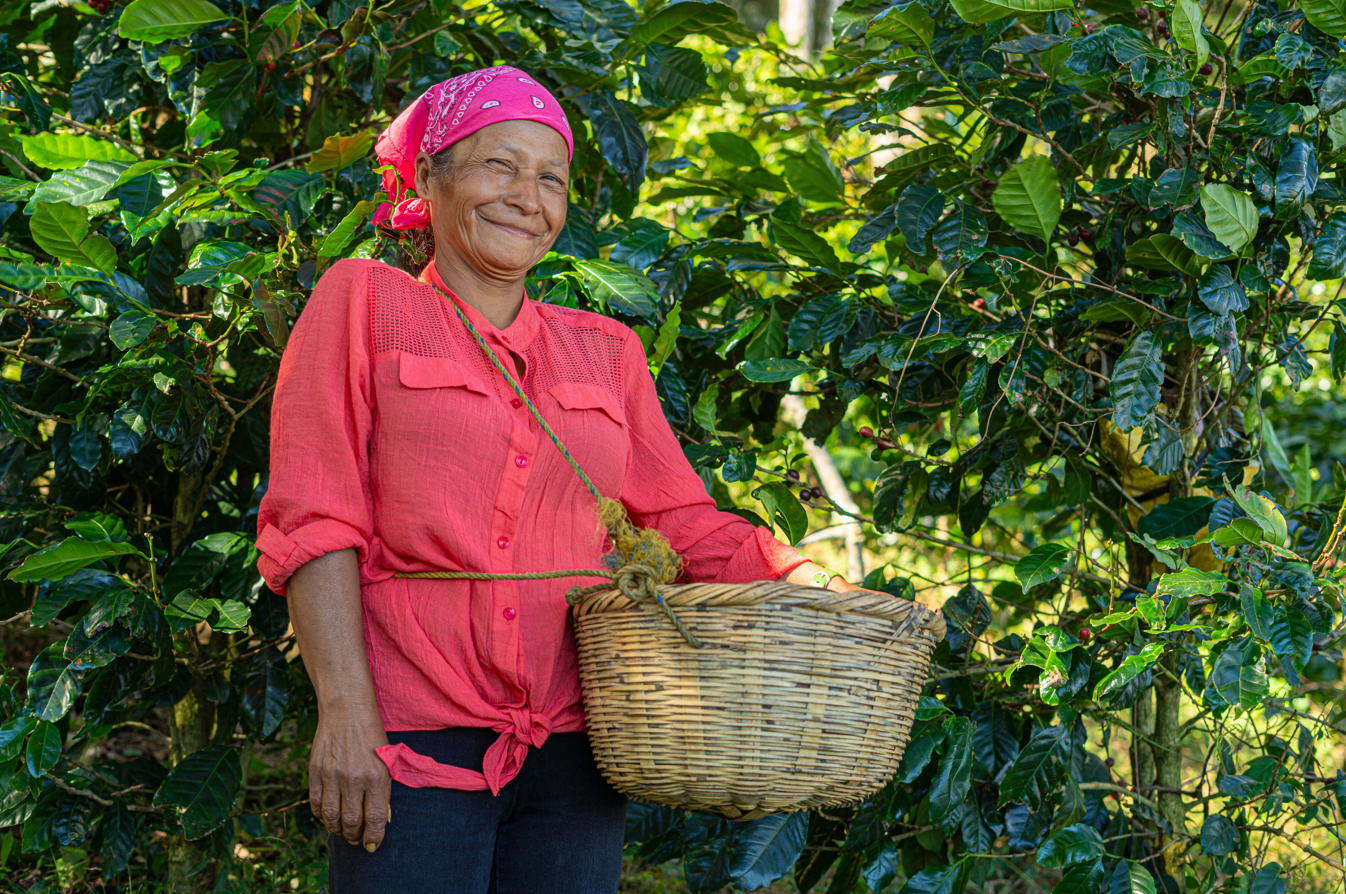
It's Never Too Late to Start Over
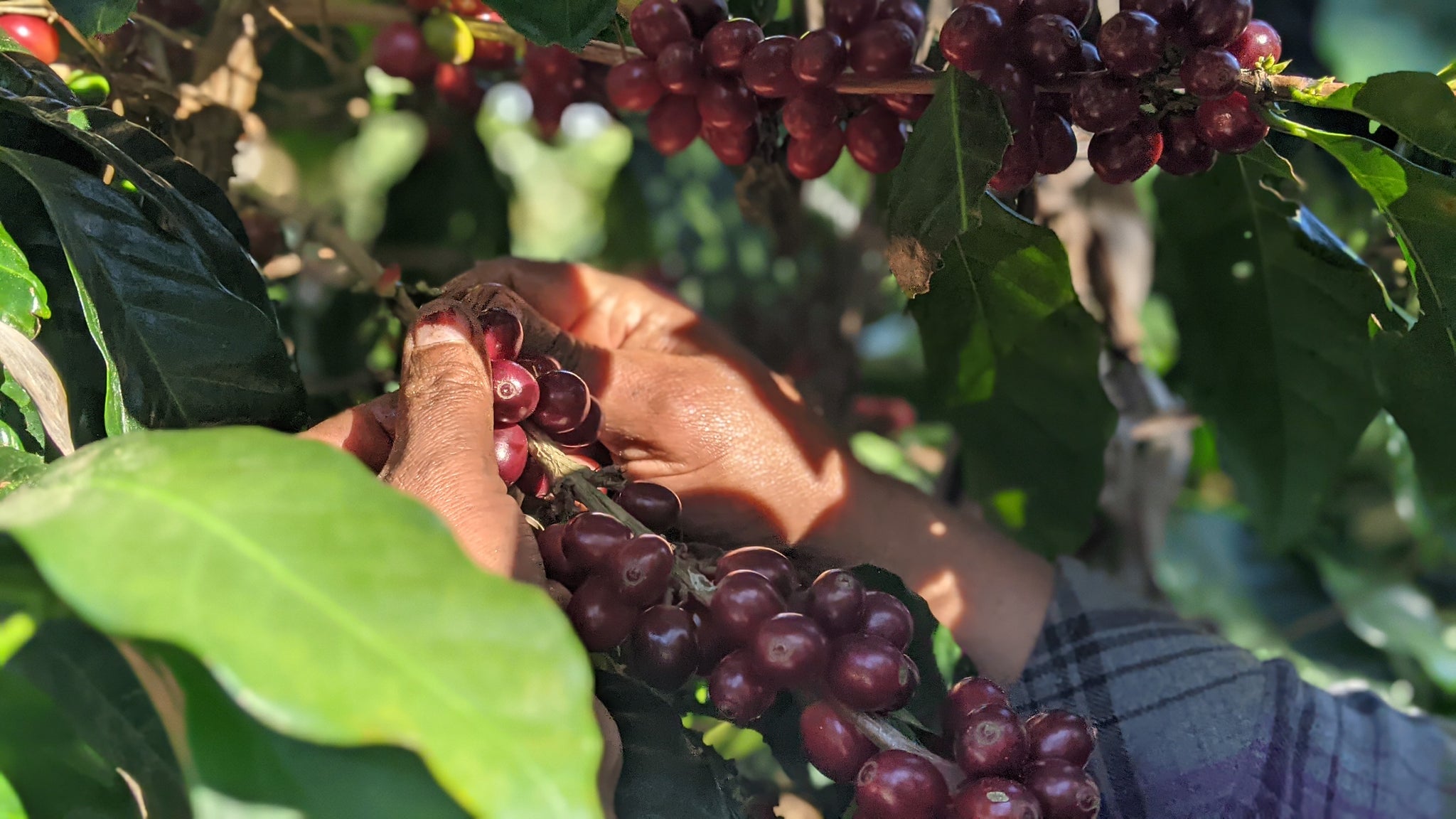
From Field to Family: A Story of Perseverance
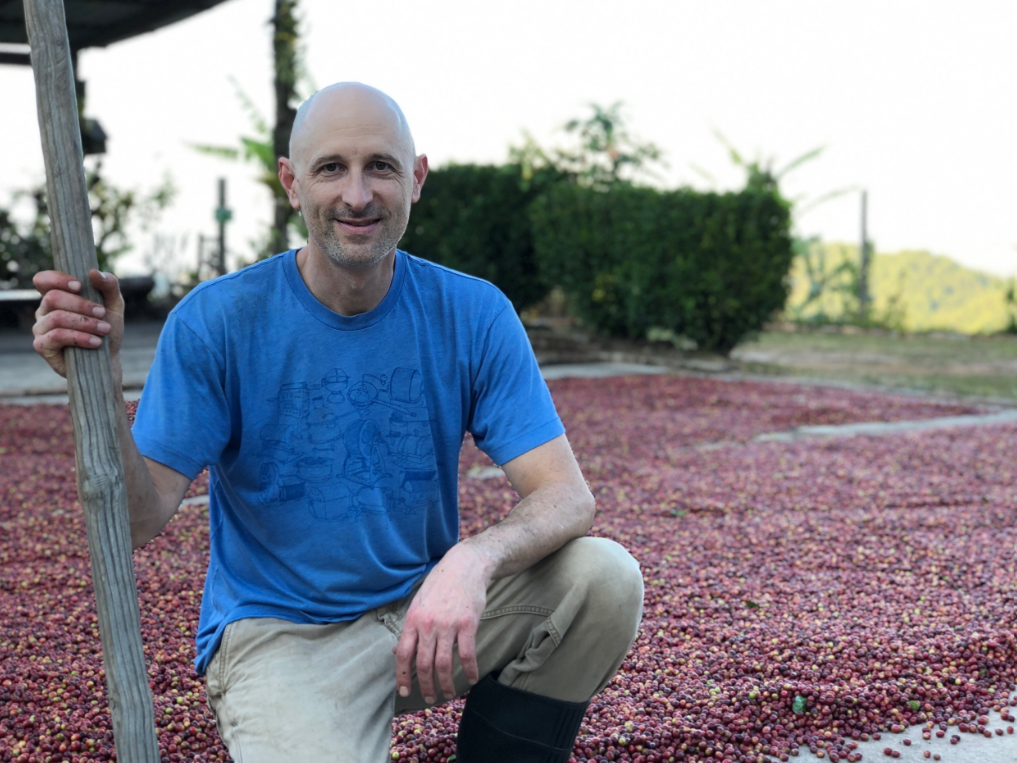
Q&A with Jason Pearl from Roasted Pearl
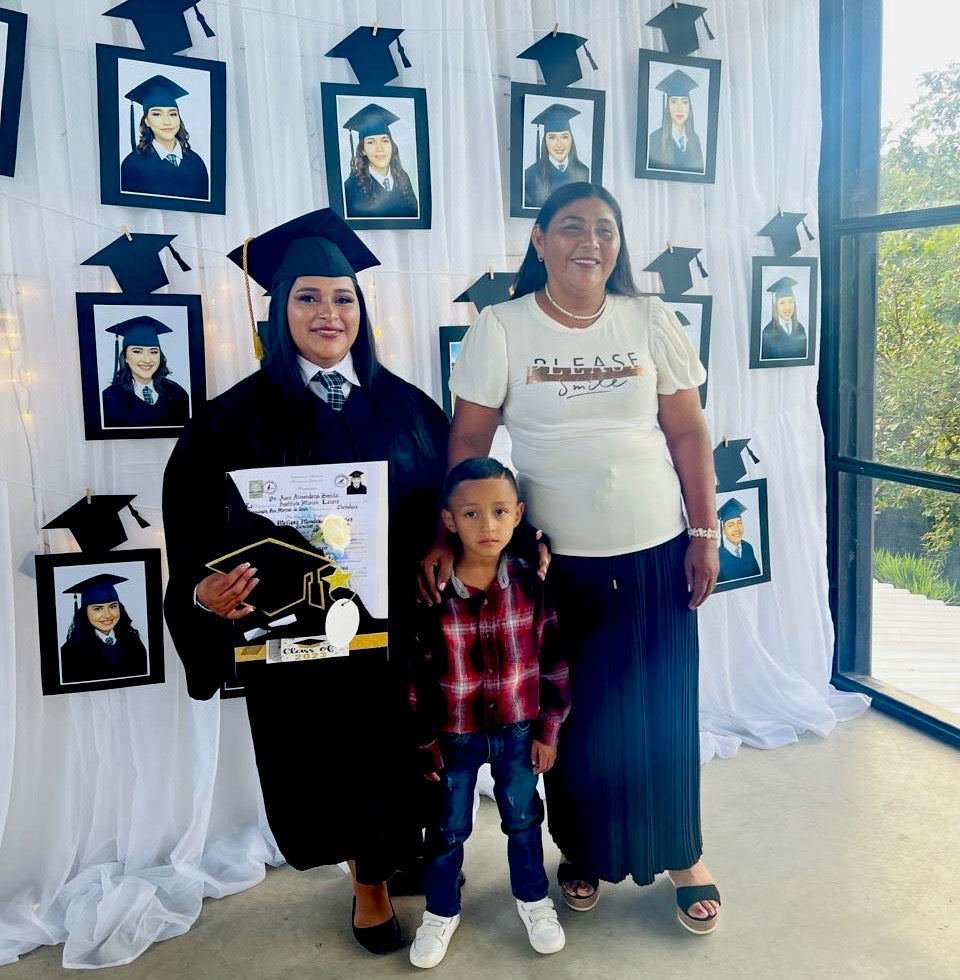
Three Generations of Transformation in Your Cup
